Significance
Jhushan Zi Nan Temple is famous for its tradition of making small cash “lucky” loans to worshippers. Taiwan’s economy suffered a downturn after the country was liberated from Japanese rule in 1945. As it was not easy to borrow money from banks, temples stepped in to offer small loans to help people through difficult times. Over the years, Zi Nan Temple developed into a full-fledged “bank of the gods” (shénmíng yínháng), where believers could take out a loan for up to a year at a time. The temple has been credited with contribution to local economic growth and social stability. Another tradition associated with the temple is the eating of ding-jiu, a stew made of chicken steeped in sesame oil and rice wine, to celebrate the birth of a son. This tradition reflects the importance of sons in the labor-intensive life of early agricultural societies. Nowadays, with Taiwan’s declining birth rate, the ritual has become a celebration to promote childbirth.
History
Zi Nan Temple is located in Sheliau Village, Zhushan Township in Nantou County. The date of its establishment is unknown. However, there is a tale told in connection with the Jiaqing Emperor’s (1760 – 1820) visit to Taiwan that may be an indicator of the temple’s origins. According to the story, the emperor came to the Jhushan area, but was unable to cross the Zhuoshui River. Tudigong (the Earth or Land God, believed to bring wealth), the local patron god, stepped in to help him cross the river and get to Lukang. The emperor subsequently bestowed a court hat upon the deity, thus acknowledging him as a high ranking official in the empire in an act similar to the concept of being elevated to the aristocracy in western culture, and accorded him the protection of two divine guardians whose statues are now placed next to Tudigong. As for the temple architecture today, it adapts from the 1982 renovation—a single-door, reinforced concrete structure. The tradition of lending money (fācáijièjīn) to worshippers began around 1945, after Japan withdrew from Taiwan. The tradition began because the temple wanted to help worshippers in need of money. To borrow money, worshippers would cast Poe divination blocks (a traditional Chinese divination method, in which moon-shaped wooden blocks are thrown and the way they land interpreted to determine divine guidance) to determine whether their intention was just and money could be borrowed. Many followers of the temple put the borrowed funds to good use and enjoyed great financial success, news of which spread by word of mouth only to draw more people from all over Taiwan to the temple to borrow money. The Sheliao region and Zi Nan Temple are also associated with the custom of serving ding-jiu, a kind of chicken stew, to celebrate the births of sons to temple worshippers. Every year on the 15th day of the first lunar month, local families with sons born during the previous year offer capons to Tudigong to thank him. The next day, the temple collects the offerings to make sesame oil chicken stew and invites local residents to partake in the meal. In 2009, Nantou County named Jhushan Zi Nan Temple’s money lending and ding-jiu events as county-level intangible cultural heritage assets.
Special Features
1The Money Lending Process
The practice of borrowing money from Zi Nan Temple’s Tudigong began sometime after the retrocession of Taiwan. At that time, the temple gave money obtained from donations and profits from incense sales to believers to help them through hard times. Over the years, this money became known as lucky money (fúdéjīn). In 1987, the maximum loan amount was set at NT$600 per person, as the number six is associated with luck. A loan from the temple is believed to bring success to business ventures. The lucky money lending process is as follows:
1. People wishing to borrow money offer incense and pray to Tudigong and Tudipo (the wife of Tudigong). They then pick up a pair of Poe divination blocks, bow, and tell the deities their full name, address, and how they intend to use the money.
2. They cast the divination blocks. Those who receive divine approval on the first cast are given NT$600.
3. Those who fail to receive the divine answer on the first cast can try again after repeating to the deities their full name, address, and how they intend to use the money. If they receive divine approval on the second cast, they are given NT$500.
4. Borrowers can continue with this process four more times, although the amount of the loan is reduced by NT$100 with every rejection. This means divine approval on the third, fourth, fifth and sixth casts results in loans of NT$400, NT$300, NT$200 and NT$100, respectively.
5. Those who fail to receive divine approval after six casts are asked to try again another time, or to seek good fortune through the purchase of a gold-coated chicken (jīnjī) from the temple to take home and use in worship.
Those whose loans are approved by the deities can complete the loan procedure at the temple’s service counter. They will need to provide their personal information and the loan amount, and show an identification card. The temple logs this information into its system to complete the debt agreement between the borrower and the deities. Borrowers must agree to repay the loan within the next year.
2The Lucky Money Repayment Process People who borrow lucky money from the temple agree to repay the full loan within one year. Many people end up repaying an amount higher than the original loan to thank the deities for their favor. There are also worshippers who immediately take out a new loan after repaying their previous loan. They are considered to be the most faithful worshippers of Zi Nan Temple’s Tudigong. To repay loans, borrowers go to the temple’s service counter and hand over the money. They can also use the postal service’s value-declared mail service and send the money to the temple in a red envelope along with their full name, telephone number, and national identification number.
People who borrow lucky money from the temple agree to repay the full loan within one year. Many people end up repaying an amount higher than the original loan to thank the deities for their favor. There are also worshippers who immediately take out a new loan after repaying their previous loan. They are considered to be the most faithful worshippers of Zi Nan Temple’s Tudigong. To repay loans, borrowers go to the temple’s service counter and hand over the money. They can also use the postal service’s value-declared mail service and send the money to the temple in a red envelope along with their full name, telephone number, and national identification number.
3The Ding-jiu Festival
The tradition of eating a stew of chicken cooked in sesame oil and rice wine on the 16th day of the first lunar month to celebrate the birth of a son has been observed in Sheliao Village for many years. This tradition is also known as “eating good fortune (chīfú)” as it allows everyone who participates in the event to share the joy of childbirth. The festival originated from the custom of local families with sons born during the previous year offering capons to Tudigong to thank him in an offering ceremony on the Lantern Festival, the 15th day of the first lunar month. On the 16th day, the temple would cut off the capons’ crests, tails, and other parts and return them to the families who had offered them. Volunteers then worked together to make a hearty chicken stew incorporating sesame oil and rice wine from the remaining meat. The food was then offered freely to local residents. In the past, only people who lived near the temple knew about the tradition. Later on, because many pilgrims happened to stop by to worship at the temple during the festival, word spread until, these days, worshippers from all over Taiwan travel to Zi Nan Temple to enjoy ding-jiu. The process is as follows:
1. Bringing Offerings: According to tradition, worshippers are obliged to bring different offerings to Tudigong depending on the particular event they are celebrating. Newlywed couples should prepare a pig’s head and a bottle of rice wine. Couples on their second marriage should prepare a rear ham hock and two bottles of rice wine (this was changed in 1991 to a front hock and one bottle of rice wine). Families with newborn sons should prepare a capon and one bottle of rice wine. Newlywed couples with a newborn son should prepare both types of offerings. Families with newborn daughters should prepare a hen, eggs, and a bottle of rice wine.
2. Announcing the Good News: Heralds hired by the temple then announce the good news of the births and marriages while beating gongs and drums.
3. Collecting Offerings: Temple officials remove a portion of the meat from the pig’s heads offered by the newlyweds and return the rest of the heads to the couples along with a red envelope. (This is done likewise for the rear hocks offered by remarried couples). For the offerings of capons and hens from families with newborn children, temple officials remove the head, wings, feet, and tail (these are commonly referred to as the “four pieces of gold”) and return them to the family along with a red envelope. This takes place on the 15th day of the first lunar month, the day the offerings are made.
Eating ding-jiu: On the morning of the 16th day of the first lunar month, volunteers and temple officials use the offerings to make sesame oil chicken stew and other dishes. All Tudigong worshippers are invited to “eat the good fortune”—eat the sesame oil chicken stew—at the noontime festival.
4The Gold Chicken Cultural Festival Tudigong is said to have achieved immortality on the 15th day of the eighth lunar month, the date of the Mid-Autumn Festival. Autumn is also the harvest period for farmers. To thank Tudigong for taking care of the land and producing a bumper harvest, Zi Nan Temple organizes the Gold Chicken Cultural Festival every year during the Mid-Autumn Festival. Activities include a procession featuring the temple’s golden hen sculpture, a masquerade ball, and other folk performances. The highlight of the cultural festival is the casting of Poe divination blocks for the chance to win a chicken cast in pure gold. This activity attracts thousands of worshippers every year. The person who casts the most divine approvals during the day wins the gold chicken.
Tudigong is said to have achieved immortality on the 15th day of the eighth lunar month, the date of the Mid-Autumn Festival. Autumn is also the harvest period for farmers. To thank Tudigong for taking care of the land and producing a bumper harvest, Zi Nan Temple organizes the Gold Chicken Cultural Festival every year during the Mid-Autumn Festival. Activities include a procession featuring the temple’s golden hen sculpture, a masquerade ball, and other folk performances. The highlight of the cultural festival is the casting of Poe divination blocks for the chance to win a chicken cast in pure gold. This activity attracts thousands of worshippers every year. The person who casts the most divine approvals during the day wins the gold chicken.
Reminders
Lucky money loans are available from 7:00 a.m. to 9:00 p.m. every day, with the exception of Lunar New Year’s Eve. Borrowers must be at least 20 years old. The Ding-jiu Festival and the Gold Chicken Cultural Festival take place on the 16th day of the first lunar month and the Mid-Autumn Festival. People interested in participating in the competition for the pure gold chicken can sign up through the temple’s website. There is a limit of 1,300 participants.
Panoramic
Directions